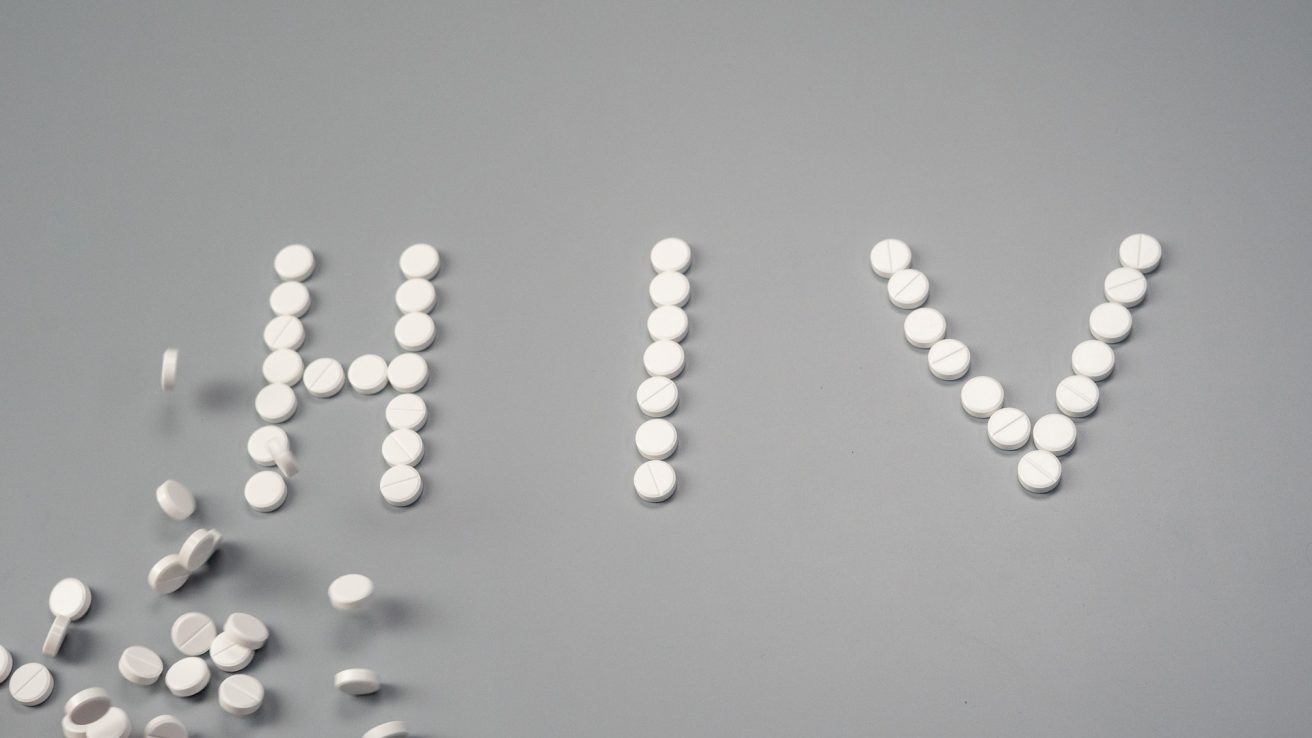Lipid mediators of inflammation exhibit altered profiles in HIV, along with an impaired response to aspirin.
People with HIV (PWH) are at a higher risk of cardiovascular disease than the general population. Inflammation is an important contributor to this increased risk. Despite this, lipid inflammatory mediators and their response to aspirin have not been comprehensively researched in these individuals. A study published in the journal eBioMedicine has demonstrated changes in the lipid mediator profile and an altered response to aspirin in PWH.
Study Population and Methodology
The study comprised 110 PWH on suppressive antiretroviral therapy (ART) from a randomized trial of aspirin and 107 HIV-seronegative individuals (SN). The correlation between HIV status and plasma lipid mediators was assessed. The study evaluated 50 lipid mediators, including classic eicosanoids and specialized pro-resolving mediators (SPMs). The effect of aspirin on regulating these mediators was also studied in PWH.
Comparison of Lipid Mediator Profiles
The study compared the levels of pro-inflammatory and pro-resolving lipid mediators between individuals with and without hemophilia. Compared to SN participants, PWH had lower levels of arachidonic acid-derived pro-inflammatory prostaglandins (PGs) PGE2 and PGD2, and thromboxane (Tx)B2. PWH also had higher concentrations of certain pro-resolving mediators, such as maresins (Ma)R2n–3DPA and D-series resolvins (Rv)D4.
Relationship Between Lipid and Protein Mediators
PWH with higher levels of the monocyte activation marker soluble CD14 (sCD14) have a greater risk of morbidity and death. It is observed that sCD14 is positively associated with various PGs and TxB2.
Relationship of SCD14 With Specialized Pro-Resolving Mediators
The relationship between sCD14 and SPMs displayed diverse patterns. Notably, MaR2n–3DPA and RvD5n−3 DPA exhibited an inverse correlation with sCD14, whereas RvD exhibited a positive correlation with sCD14. MaR2n−3 DPA-derived RvD5 is linked with improved intestinal integrity; hence, its inverse relation with sCD14 in PWH indicates possible interventional potential for improvement of intestinal integrity and reduction in monocyte activation.
Effect of Aspirin Administration on Lipid Mediators
After aspirin administration, an expected significant lowering of PGs and Tx was observed with both doses (300 and 100 mg). In the general population, aspirin decreases the production of pro-inflammatory mediators and stimulates the production of pro-resolving lipid mediators. In this study, an impaired response to aspirin was observed, with no effect on the levels of aspirin-triggered pro-resolving lipid mediators in PWH.
Source
Dalli, J., Kitch, D., O’Brien, M. P., Hunt, P. W., Funderburg, N., Moisi, D., Gupta, A., Brown, T. T., Tien, P. C., Aberg, J. A., & Shivakoti, R. (2023). Pro-inflammatory and pro-resolving lipid mediators of inflammation in HIV: effect of aspirin intervention. EBioMedicine, 89, 104468. https://doi.org/10.1016/j.ebiom.2023.104468










